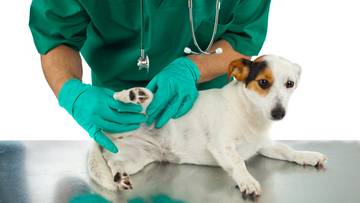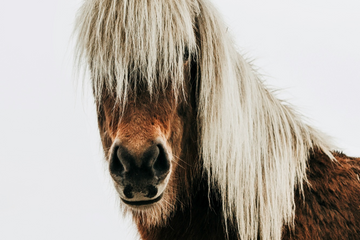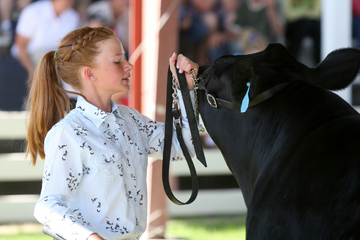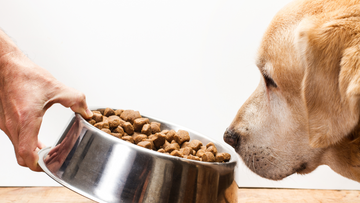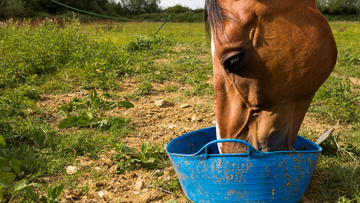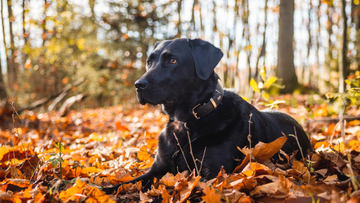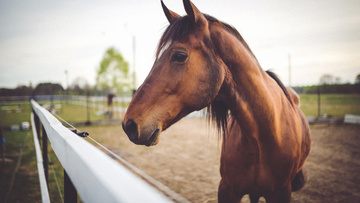Botulism is sometimes referred to as “forage poisoning” in adult horses or shaker foal syndrome in foals. Botulism occurs when a horse ingests the neurotoxic bacterium Clostridium botulinum. which are found in soils, sediments, plant matter, and in the intestinal tracts of animals. Toxins are created by this bacterium in an environment of decaying plants or animals that can affect nerve function. While sometimes, no symptoms are seen before an animal is found dead. Typically there is a progressive motor impairment that leads to paralysis. Though the disease is not common, it is fatal and needs to be treated immediately.
 Clinical Signs:
Clinical Signs:
- Progressive weakness or paralysis
- Difficulty swallowing
- Loss of tongue control
- Constipation or Colic
- Weak eyelid tone
- Pupil dilation or slow pupil response
- Respiratory distress
- Drooling
- Depression
- Pacing
- Frequent shift of weight
Causes of Botulism in Horses:
There are three ways in which horses can acquire the Clostridium botulinum toxin.
- Ingestion of hay or other foodstuffs that have been contaminated with the Clostridium botulinum toxin.
- Ingestion of the Clostridium botulinum spores that germinate within the gastrointestinal tract.
- Wounds that contract the Clostridium botulinum spores and provide a suitable environment for the bacteria to grow.
Botulism toxins can permanently harm the nervous system. They travel through the horse's bloodstream, eventually reaching the myoneural junction, where signals pass from motor neuron to muscle fiber. After penetrating neuron cells, the toxins bind to the synaptic vesicles, sacs that contain the molecules (acetylcholine) that signal the muscle to contract. This prevents the chemical's release, and the outcome is paralysis.
Botulism can be difficult to diagnose, either because it can be fatal before symptoms are present, or because it can mimic other problems, such as choke or colic. Botulism treatment includes a combination of antitoxin administration and supportive care. Veterinarians should give the horse antitoxin as soon as clinical signs and case history point toward botulism. Recovery is good if administration of the antitoxin is early enough.
If the disease has progressed too far, and your horse is unable to breathe, the condition can be fatal. Make sure any dietary issues are taken care of, and any contaminated foodstuffs are disposed of. Any decaying grass should be removed. Prevent this fatal infection through vaccination. Vaccination in pregnant mares can prevent botulism in foals.
 Clinical Signs:
Clinical Signs:




